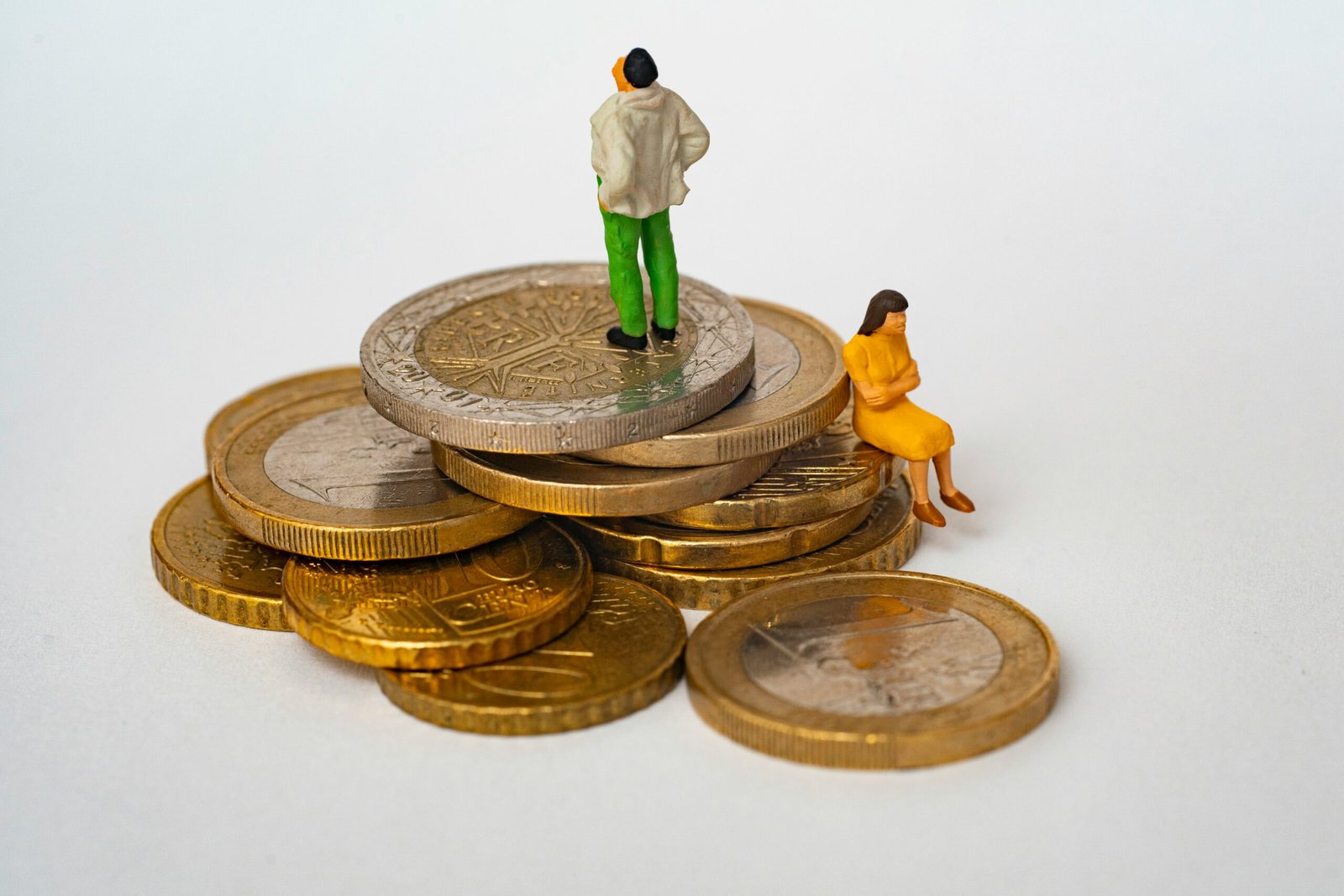The Evolution and History of Money
The concept of money has undergone significant transformation over the centuries, evolving from rudimentary barter systems to sophisticated digital currencies. Initially, ancient societies relied on barter, a system where goods and services were directly exchanged. However, the limitations of this system became apparent, as it required a double coincidence of wants—both parties needed to want what the other had to offer. This inefficiency led to the creation of commodity money, where items like gold and silver, valued for their intrinsic worth, were used as a medium of exchange.
The next significant leap was the introduction of coinage in ancient civilizations such as Lydia and Ancient Greece. Coins made of precious metals facilitated trade, as they were durable, divisible, and widely accepted. These coins often bore the insignia of rulers, which also helped in establishing trust in their value. Following this, China pioneered the use of paper money during the Tang and Song dynasties, marking a pivotal shift from metal to paper as a medium of exchange. This innovation was driven by the need for a more convenient and lighter form of currency.
Medieval Europe saw the rise of banking systems, which began with the establishment of banks in Italy. These institutions started to issue promissory notes, laying the groundwork for modern banking practices. The establishment of central banks, such as the Bank of England in 1694, further stabilized national economies by regulating the issuance of currency and serving as lenders of last resort. The gold standard, which pegged currency values to gold, provided a stable exchange system but was eventually abandoned in favor of fiat currencies—money without intrinsic value but maintained by government decree.
In recent decades, the financial landscape has been revolutionized by the advent of digital currencies, particularly cryptocurrencies like Bitcoin. These decentralized digital assets offer a new form of money that operates outside traditional banking systems, leveraging blockchain technology to ensure security and transparency. As financial technology continues to advance, the evolution of money remains dynamic, reflecting the ongoing changes in our economic systems and societal needs.
The Role of Money in the Economy and Society
Money serves as a cornerstone in modern economies, performing three primary functions that are crucial for economic stability and growth. Firstly, money acts as a medium of exchange, facilitating trade by eliminating the inefficiencies of barter systems. This role enables individuals and businesses to engage in transactions with ease, promoting economic activity and growth. Secondly, money serves as a store of value, allowing individuals to save and transfer purchasing power over time. This function is vital for investment and future consumption, underpinning the economic development and financial security of both individuals and nations.
The third role of money is as a unit of account, providing a standard measure of value that simplifies the pricing of goods and services. This standardization is essential for economic planning and helps consumers and businesses make informed decisions. Through these functions, money not only facilitates trade and investment but also supports overall economic growth and stability.
Monetary policy plays a significant role in maintaining economic stability. Central banks, through the manipulation of interest rates and control of inflation, strive to create an environment conducive to sustainable growth. Lower interest rates can stimulate borrowing and spending, while higher rates can help cool down an overheated economy. Inflation control is equally crucial, as unchecked inflation can erode purchasing power and destabilize economies.
Beyond its economic functions, money also has profound social and psychological impacts. Wealth inequality, driven by disparities in income and asset distribution, can lead to social tension and economic imbalances. Consumer behavior, influenced by the availability and perception of money, affects market dynamics and economic trends. The pursuit of financial security drives personal and societal choices, emphasizing the need for responsible money management.
The ethical and societal implications of money management cannot be overlooked. Responsible spending, saving, and investing are critical for individual and community well-being. Financial literacy has emerged as a vital tool in empowering people to make informed financial decisions, fostering economic resilience and reducing vulnerability to financial crises. As societies continue to evolve, the importance of understanding and managing money responsibly grows ever more significant.


